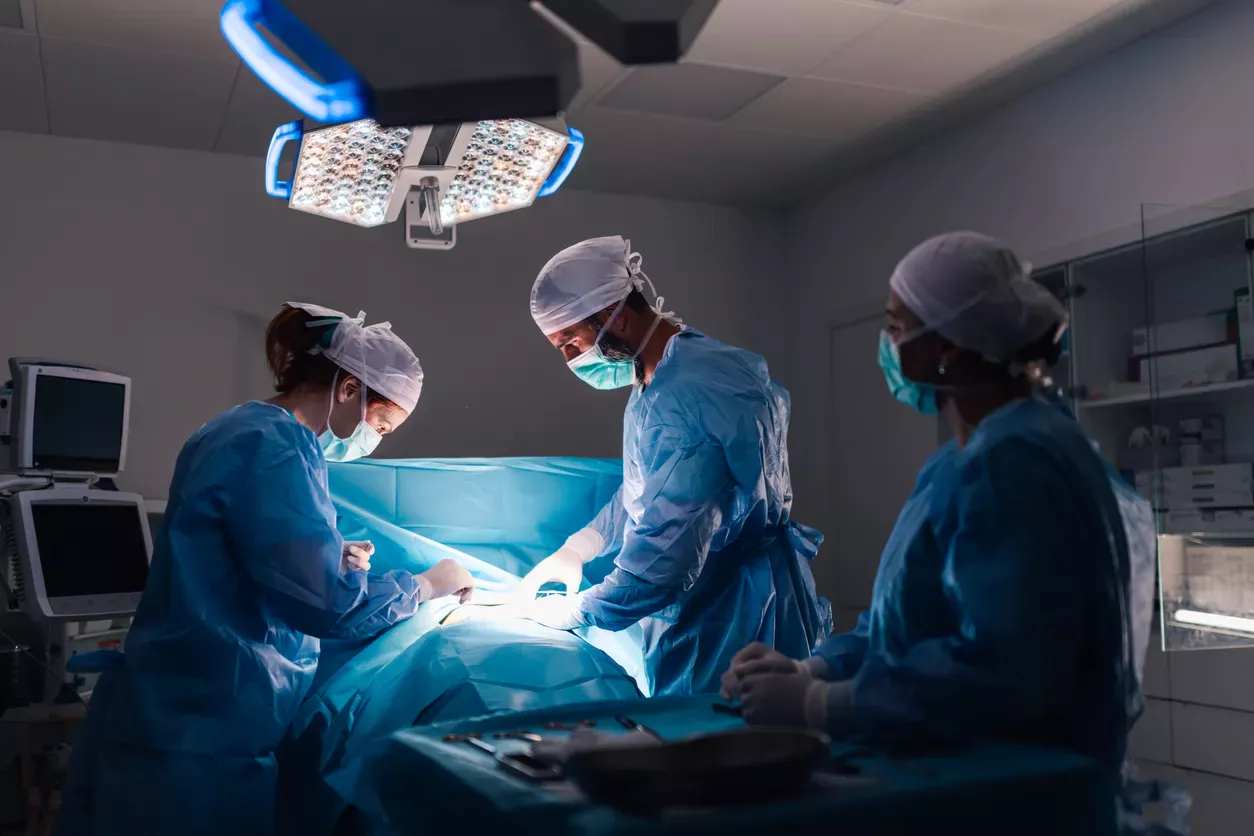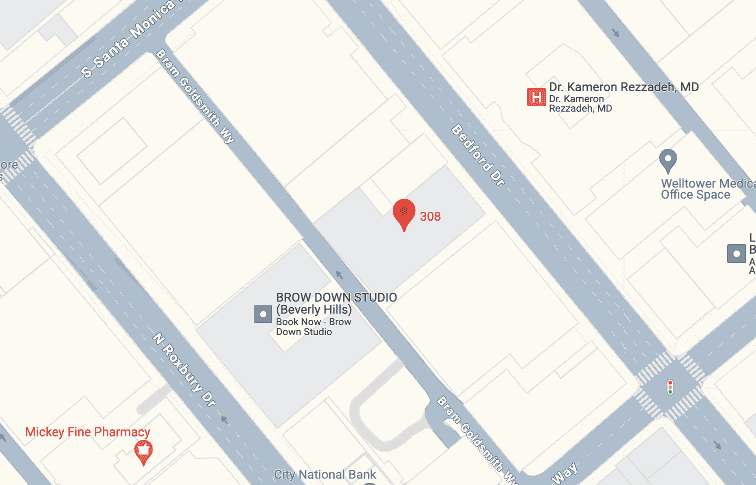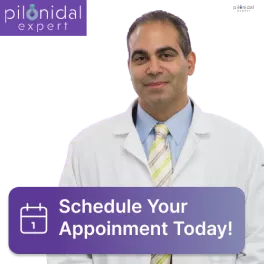It is essential to know that this is the question that many people have if the pain from pilonidal cysts is very high and if they are in dire need of relief. This pain is intense and constant, which triggers confusion in our minds, and we start thinking about where to go. The others think that the doctors can confirm this cyst and the patient has to go and see the doctor. However, some people hold the idea that a good surgeon is the only source of relieving the pilonidal cyst. Thus, you relationships individuals have and you really don’t know what to do to get a situation. Your brain keeps ringing with the same question: Who treats Pilonidal Cyst?
Let’s start with the discussion and know where you must go when you have an infected pilonidal cyst causing you a lot of pain and irritation. We have to explain the difference between the two choices that people suggest to you and you do not know who is the best among the two. In addition, we need to explore the roles of both medical professionals in diagnosing, managing, and treating pilonidal cysts, and help the patients understand when to seek care from each.
Explain the Condition – Pilonidal Cyst
Before we start explaining which option is best for you, you need to get an overview of this whole situation. If you have a small lump near the buttock crease and it’s tender, painful, and filled with some liquid, it’s a pilonidal cyst. You may be feeling very uncomfortable sitting, and your body may find it hard to manage the pain it is causing. So, at this moment in time, you need a good doctor who can handle the condition and tell you how you can get rid of the cyst and not a general surgeon for pilonidal cyst.
Physician vs. Specialized Surgeon: Who Does What?
1. Physician
Your family medicine practitioner is likely going to be your first contact when you start noticing the early symptoms of pilonidal cyst swelling. They can conduct a physical examination, initially help with your condition and pain medication, and recommend you to see a specialist if it is necessary. At this moment you know what type of surgeon removes pilonidal cyst.
2. Dermatologist
Dermatologists treat not only benign skin conditions but also serious diseases such as pilonidal cysts, which occur due to hair follicles remaining on the skin. In this case, the doctor may recommend conservative medications, including antibiotics and cortisone intake, or incision and drainage treatment when dealing with uncomplicated cysts.
3. A specialized surgeon
General Surgeon
A general surgeon for a pilonidal cyst has to conduct a diverse spectrum of surgeries, including the operation of removing a pilonidal cyst. They have the required skills that enable them to assess your condition effectively, advising you on an operation that will be effective and approaching it methodically while ensuring that accuracy and dexterity are maintained.
Colorectal Surgeon
This specialty deals with sub-stomach prolongations often engendered by surgical operations on cysts in the colon, rectum, and anus. In terms of the precision of assaying pilonidal cysts, it has been asserted that patients who have these kinds of infections should be palliated, yet with invigorated enragement, colorectal surgeons are undertaking surgeries. They might have extra knowledge in cyst management in both a complex and a recurrent way. They can perfect their skills in flap reconstruction. The timely consultation of a doctor is an important part of healthcare rather than keeping circling – what type of surgeon removes the pilonidal cyst?
When should I see a Primary Care Physician?
You may consider seeing a physician, such as your primary care physician or a dermatologist, for the initial evaluation and management of a pilonidal cyst if:
- You have positive and mild symptoms that are exhibited, such as tailbone area pain, swelling, or redness, for example.
- It has been confirmed that the cyst is a non-complicated unimpressive one with not much to cause discomfort or interfere with daily living.
- The point of this visit is to find out about measures bordering on conservatism, namely antibiotics, corticosteroid injections, or incision and drainage.
When should I see a colorectal surgeon?
You may need to see a specialized surgeon, such as a general surgeon or a colorectal surgeon, for further evaluation and treatment of a pilonidal cyst if:
- You may need to see a specialized surgeon, such as a general surgeon or a colorectal surgeon, for further evaluation and treatment of a pilonidal cyst if:
- The abscess is big, comes back, or causes pain, swelling, or pus outflow.
- Trying conservative treatments hasn’t helped at all, and its size continued or grown.
- A surgical option, e.g., excision of the cyst or procedures to reconstruct the flap, could be the solution for lasting recovery.
What is the conservative management plan for infected pilonidal cysts?
- Antibiotics: To treat infection and reduce inflammation.
- Corticosteroid Injections: To alleviate pain and swelling.
- Incision and Drainage: To drain pus and alleviate pressure and discomfort.
- Surgical Intervention:
- Excision: surgical removal of the cyst and affected tissue.
- Open Wound Healing: Leaving the wound open to heal naturally.
- Flap Reconstruction: Using adjacent tissue to cover the wound and promote healing.
Conclusion
Collectively, doctors and specialist surgeons provide critical diagnostic, administrative, and treatment services that positively affect the management of pilonidal cysts. Doctors like general practitioners or dermatologists will be the first to evaluate and recommend appropriate conservative treatment options,, including small, non-complicated cysts. However, for those vicious and repetitive cysts that require surgical interventions, the specialization of general surgeons or colorectal surgeons is necessary, as they have passed through the specialized training and have the experience to offer precise surgical care in pilonidal cyst removal procedures, in addition to being able to offer a wider range of services.
In the case of the pilonidal cyst treatment should be oriented to the health specialist who is capable of making a well-balanced decision about the treatment of your disease. A physician will be instrumental in guiding you through the healing phase, plus you may be provided with medicine that eases the symptoms to speed up the healing process in the long term.
Pilonidal Experts: What Do They Suggest?
As we know, Pilonidal experts are ranked among the top facilities where patients get world-class treatment for infected pilonidal cysts, and their suggestions are admired and appreciated globally. The best thing is that they share all the details with their patients during the consultation and tell them about the best treatment program for their pilonidal cyst. They know that a colorectal surgeon is the one who can successfully remove the cyst and try everything to prevent its reoccurrence. Their experts know what their patient has been going through and they aim to help him get relief.
So, we can say that coming to Pilonidal Experts will be the smartest decision you may have made till now and they will prove it to you! Visit the website now and book your appointment!








